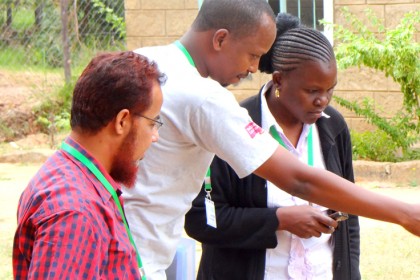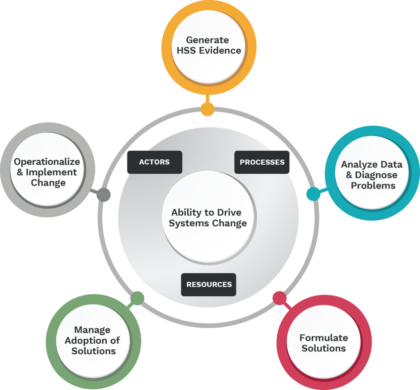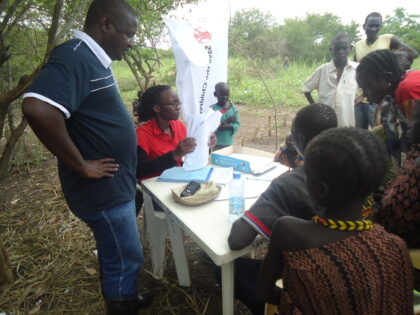
Description
Introduction
Hygiene & Sanitation promotion plays a key role in changing collective and individual behaviours together with fostering ownership and sustainable use of water and sanitation facilities. It is upon this premise that we have planned to conduct a PHAST, CLTS and CHAST training of trainers. This training is intended to help sector practitioners to accelerate their progress towards achieving the Sustainable Development Goals (SDGs) especially Goal 6 (Ensure availability and sustainable management of water and sanitation for all).
Participatory Hygiene and Sanitation Transformation (PHAST) is a systematic participatory approach consisting of seven sequential steps that culminate in the development of an action plan for addressing the prevailing WASH problems in a given community. It employs Participatory Rural Appraisal (PRA) and Self-esteem, Associative strengths, Resourcefulness, Action planning, and Responsibility (SARAR) tools to elicit meaningful and equitable participation of all community members.
Community-Led Total Sanitation (CLTS) is another hygiene promotion approach that triggers the community into action by conjuring disgust and shame among the members who practice open defecation (OD). Its ultimate objective is to achieve total sanitation marked by zero cases of open defecation or open defecation free (ODF) status. It primarily focuses on change at the community level and not at the individual household level. Furthermore, it uses a non-subsidy approach in which the target community are triggered and left to decide the actions they will take to address their sanitation problems.
Children’s Hygiene and Sanitation Training (CHAST) is an interactive approach for training children on hygiene and sanitation aspects. Its major objective is to infuse critical hygiene practices that children may adopt into their daily lives. By targeting children, the approach envisions not only the immediate changes in behaviours but also long term changes to be passed on to the posterity. This approach is based on the PHAST approach and uses similar facilitation tools though simplified to enable young children to appreciate the messages.
Course objectives
- To build the capacity of trainees to impart knowledge to their community on prevention of WASH-related diseases.
- To equip trainees with practical facilitation skills of PHAST, CHAST and CLTS approaches.
- To enable trainees formulate appropriate health promotion messages using the BCC strategy.
- To provide trainees with planning, monitoring and evaluation formats for PHAST, CHAST and CLTS approaches.
Course content
- Concepts of community participation, ownership and sustainability.
- Concepts of hygiene and sanitation in relation to health.
- The process of hygiene and sanitation behaviour change and the key factors that influence it.
- Practical facilitation skills of PHAST, CHAST and CLTS methodologies through in-house simulation activities and field activities.
Language of instruction
English
Target group
UN, Government and NGO staff including project managers, officers, assistants, health workers, hygiene promoters, public health officers and facilitators.
Training methodology
The training method of delivery will consist of recordings, presentations, documentaries, articles, reference materials, quizzes and assessments.
Training cost
The training cost is US$ 550 and it covers the tuition fees, learning materials and certification.
Below are the payment options for your training fees:
Bank Transfer Western Union Money Transfer WorldRemit Internet Money TransferTailor-made training option
We can provide your organization a tailor-made training with similar content but addressing your specific capacity needs. In case you want to explore this option, you can contact us to share with you a proposal for that training. For more information on this option send an email to training@iphdcinternational.org.
Application process
Applicants should complete the Course Application Form and then proceed to pay the training fees.





